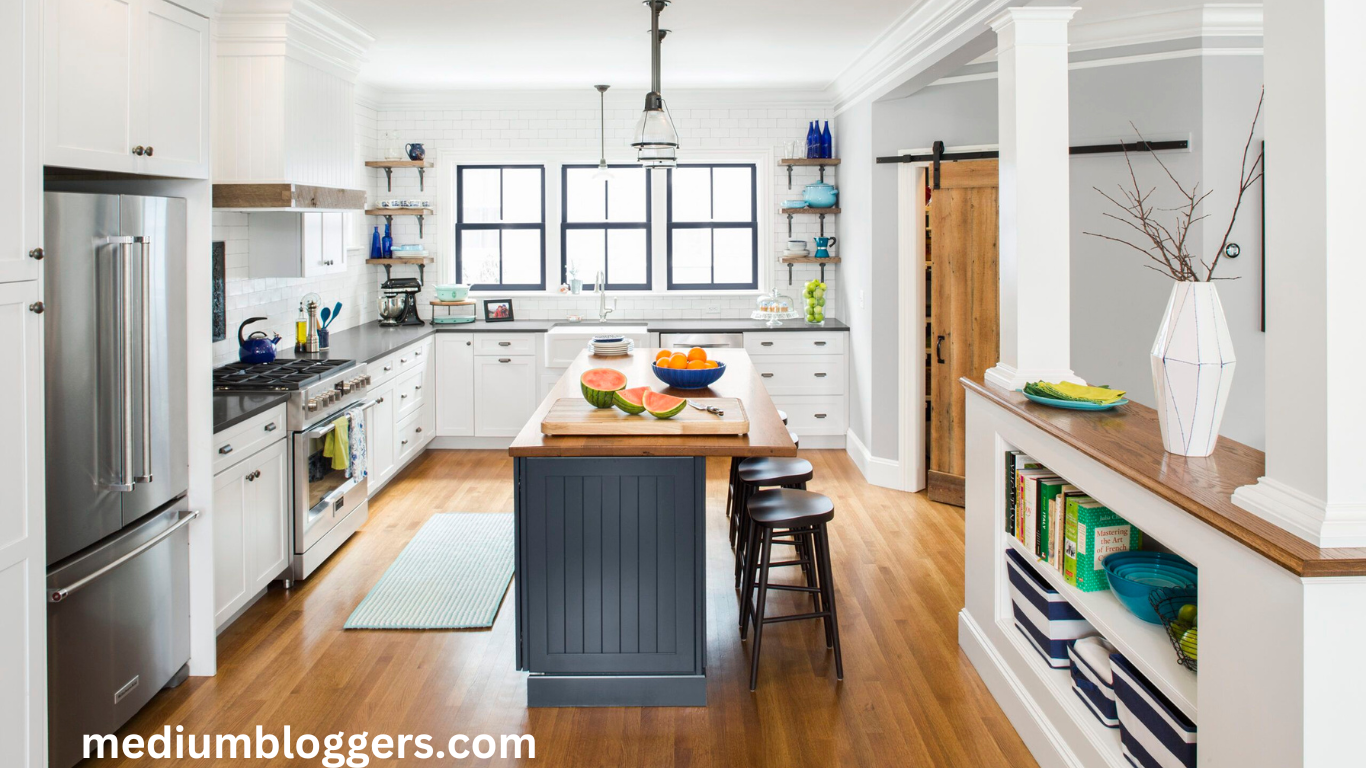When considering a kitchen remodel, several factors come into play, from functionality to aesthetics. Whether you are looking to enhance the value of your home or simply refresh the space to make it more enjoyable, a kitchen renovation can offer numerous benefits. Below, we dive into the essential aspects of a kitchen remodel, discussing the key considerations that help you make an informed decision.
Why Remodel Your Kitchen?
The kitchen serves as the heart of the home. It is not just a place to prepare meals; it’s a space where family gathers, memories are made, and creativity flows. A remodel can transform the kitchen into a modern, efficient area tailored to your needs. Common reasons for a kitchen remodel include:
Improved Functionality: Over time, kitchens may not work as well as they once did. A remodel can optimize layout, improve storage, and make cooking easier.
Aesthetic Appeal: Changing outdated or worn-out designs and finishes enhances the overall look of the kitchen, making it more visually appealing.
Increased Home Value: An updated kitchen is a major selling point. It can increase the resale value of your home and attract potential buyers.
Energy Efficiency: Incorporating energy-efficient appliances and fixtures during a remodel can reduce utility costs in the long term.
Key Considerations Before Remodeling
A successful kitchen remodel begins with clear goals. Before diving into design, it’s important to outline your needs and budget. Here are some key aspects to consider:
Budget Planning
A well-thought-out budget ensures you stay on track throughout the remodel process. Understand the costs of materials, labor, permits, and unexpected expenses. Whether you’re aiming for a high-end renovation or a more budget-friendly upgrade, setting a realistic budget is crucial for managing your expectations.
Design and Layout
Consider how your kitchen is used. Will you need more counter space? Would you benefit from an open floor plan? Think about the flow of movement and how different elements (cabinets, appliances, and storage) will fit within the space. Consulting with a designer can help ensure your layout optimizes efficiency and meets your needs.
Hiring Professionals
While some homeowners may attempt a DIY kitchen remodel, many opt for hiring professionals to handle the heavy lifting. Contractors, designers, and specialists bring expertise and experience, ensuring the job is done right. It is important to choose reputable professionals who have a proven track record and understand your vision.
Timeline Expectations
A kitchen remodel’s timeline can vary significantly depending on the scope of the project. For smaller renovations, it might take just a few weeks, while a complete overhaul could extend over several months. Communicate with your contractor to set realistic time expectations and factor in potential delays due to supply chain issues or unexpected complications.
Frequently Asked Questions
How long does a kitchen remodel take?
A typical kitchen remodel can take anywhere from a few weeks to several months, depending on the project’s scope, design, and any unexpected issues.
How much does a kitchen remodel cost?
The cost of a kitchen remodel varies greatly depending on size, materials, and complexity, ranging from $10,000 to $50,000 or more.
Should I remodel my kitchen before selling my home?
Remodeling your kitchen before selling can increase your home’s resale value, but the extent of the remodel should match the market’s expectations and the home’s price range.
Can I remodel my kitchen on a budget?
Yes, it’s possible to remodel on a budget. Opt for more affordable materials, keep the existing layout, and prioritize high-impact changes like painting cabinets or replacing fixtures.
Do I need to hire a designer for my kitchen remodel?
While not mandatory, hiring a designer can help maximize your space, ensure a functional layout, and save time by avoiding costly mistakes.
What is the most important feature to consider in a kitchen remodel?
Functionality is key. Consider how the kitchen will be used daily and prioritize features like storage, counter space, and energy-efficient appliances.
How can I make my kitchen more energy-efficient during a remodel?
Choose energy-efficient appliances, LED lighting, and install proper insulation or windows to improve overall efficiency and reduce energy costs.
What are some common mistakes to avoid during a kitchen remodel?
Common mistakes include poor budget planning, underestimating the time required, choosing trendy but impractical designs, and not communicating clearly with contractors.
Conclusion
A kitchen remodel can transform your home, enhancing both its functionality and style. With careful planning, budget management, and professional guidance, you can create a space that suits your needs and elevates your home’s value. Consider all the factors, avoid common mistakes, and enjoy a kitchen tailored to your lifestyle.


